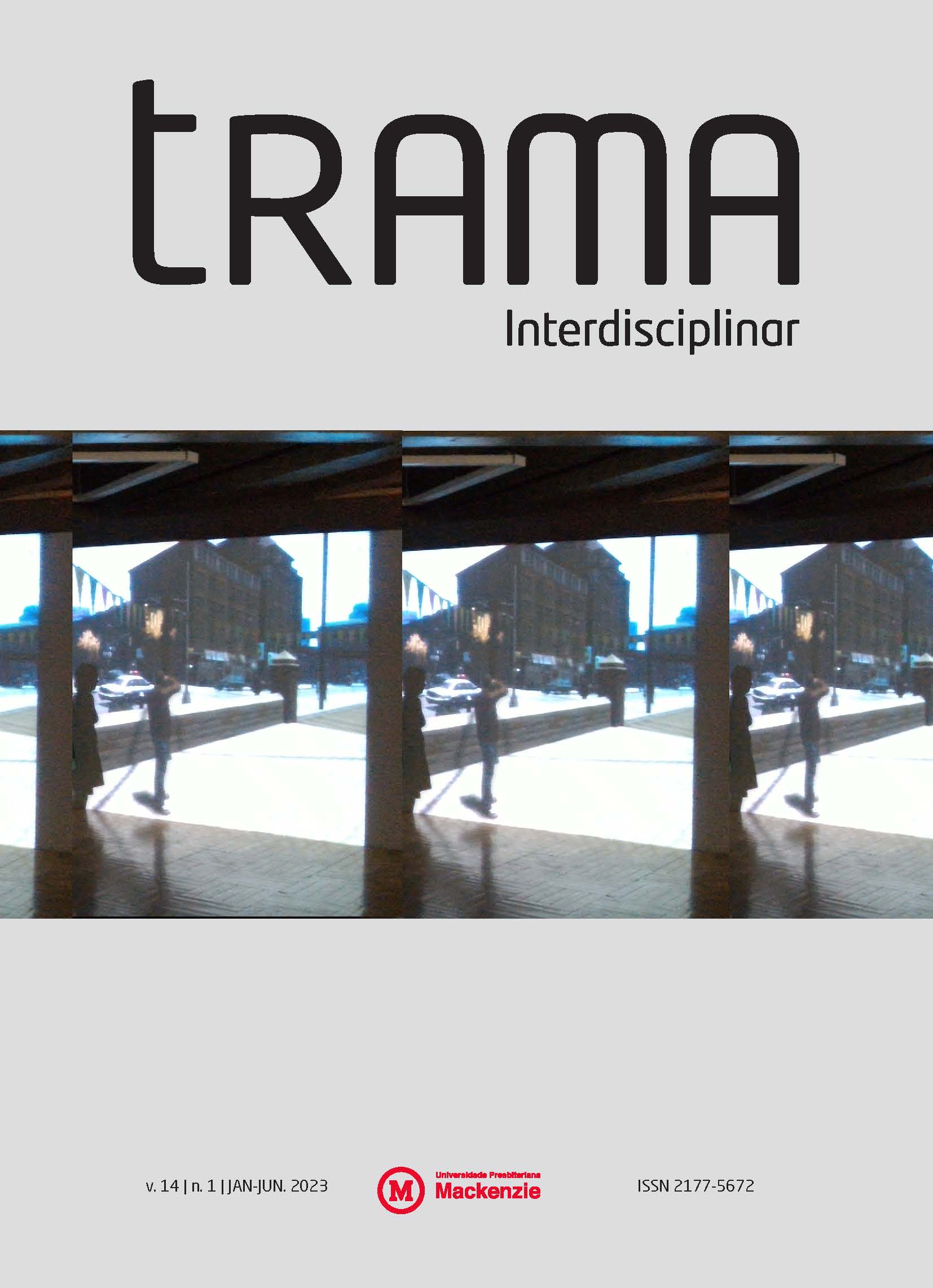Da escrita à película: a escritora Carolina Maria de Jesus para além do Quarto de Despejo
Keywords:
Carolina Maria de Jesus; Black-Brazilian Literature; Black Cinema; Black Protagonism.Abstract
Based on the works Diário de Bitita (2014), Quarto de Espejo: Diário de uma favelada (2020), Casa de Masonaria - Volume 1: Osasco (2021), Casa de Masonaria - Volume 2: Santana (2021), by Carolina Maria de Jesus, the short film Carolina (2013), available on the video sharing platform YouTube, and the documentary Carolina (2019), available on the streaming platform GloboPlay, we are theoretically based on the concept of Structural Racism, present in Silvio Almeida ( 2021); in Cuti's conceptions of Black-Brazilian Literature (2010); in the defense that body and hair are symbols of black identity, by Nilma Lino Gomes (2020); in the conception of Lugar de fala, by Djamila Ribeiro (2020); in studies on the position of black people in national cinematographic production, by João Rodrigues (2011); and in the pedagogical dimension and ontological affirmation of Brazilian black cinema through the eyes of Celso Prudente and Dacirlene Silva (2020). The purpose of this article is to investigate the relevance of the writer Carolina Maria de Jesus as one of the great representatives of black-Brazilian literature and as an inspiration for Black Cinema, in addition to analyzing how the writer's protagonism, as an intellectual, is a way to confront to the erasure and historical silencing of their literary productions and reductionist representation in audiovisual productions. In this way, this research problematizes the linguistic prejudice and structural racism faced by Carolina de Jesus, as well as the scarcity of black protagonism and a positive image of black people in cinema. In order to highlight Black Cinema in the process of resistance and decolonization of cinematographic productions. We realize, with this study, that the presence of Carolina Maria de Jesus in the cinematographic works analyzed does not overcome the overvaluation of poverty, economic hardship and the romanticization of the challenges of living with hunger.
Downloads
Downloads
Published
How to Cite
Issue
Section
License
Copyright (c) 2023 Adrielle Soares Cunha, Doriele Andrade Duvernoy, José Correia de Amorim Júnior

This work is licensed under a Creative Commons Attribution 4.0 International License.
A Revista TRAMA Interdisciplinar reserva os direitos autorais das contribuições publicadas em suas páginas. Esses direitos abrangem a publicação da contribuição, em português, em qualquer parte do mundo, incluindo os direitos às renovações, expansões e disseminações da contribuição, bem como outros direitos subsidiários. Autores têm permissão para a publicação da contribuição em outro meio, impresso ou digital, em português ou em tradução, desde que os devidos créditos sejam dados à Revista TRAMA Interdisciplinar. O conteúdo dos artigos é de responsabilidade de seus autores.








